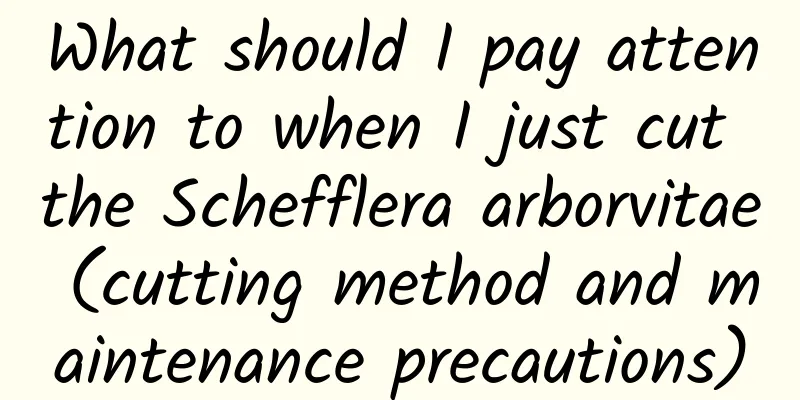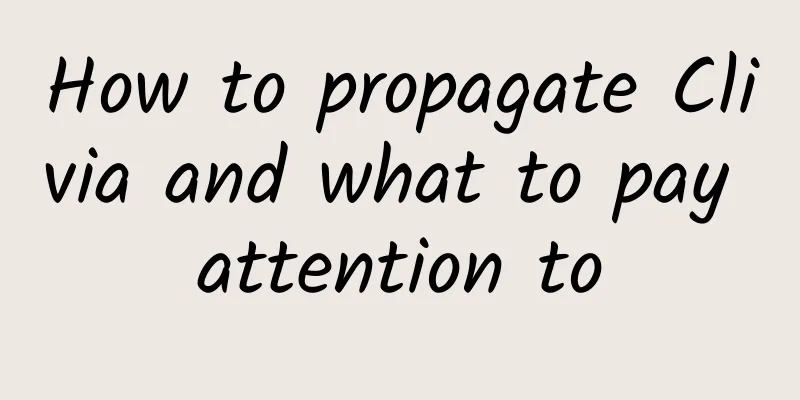What medicine should be used to mix peanut seeds?

|
Peanuts are an important economic crop with a wide planting area. In order to achieve high yields in peanut planting, peanut seeds are mixed before sowing. So what kind of medicine should be used to mix peanut seeds? Let’s learn more about it below. What medicine should be used to mix peanut seeds? 1. Carbendazim Use 50% carbendazim wettable powder, 0.15-0.25 kg of the medicine for every 50 kg of peanut seeds, add 2 kg of clean water to make a liquid medicine, use a sprayer to spray it on the peanut seeds so that each peanut seed is evenly covered with the liquid medicine, and then sow after drying. 2. Phoxim EC Now, chlorpyrifos emulsifiable concentrate and dimethoate emulsifiable concentrate can be used to mix peanut seeds, which can effectively prevent and control underground pests . 3. Other medicines You can choose according to the common diseases and insect pests in the local area. Generally, you can use methyl thiophanate, carbendazim, seed mixing agent and other agents. The dosage of the agent can be 0.3% to 0.5% of the seed amount. This can effectively prevent root rot and seedling death. Precautions for peanut seed dressing 1. Try to choose high-efficiency and low-toxic seed dressing agents to ensure safe germination. When mixing seeds, first pour the agent into the container, add a small amount of water to stir, then add seed dressing fertilizer, and finally mix the seeds evenly. 2. The seed dressing agent should be stirred evenly. The less water added, the better. Adding too much water will cause the seeds to wrinkle and peel off. Regardless of whether it is manual or mechanical stirring, the shorter the stirring time, the better as long as the seeds are mixed evenly. In addition, spread the seeds out to dry after mixing, and do not suffocate the seeds or expose them to direct sunlight. Benefits of peanut seed dressing 1. During the entire growing season of peanuts, it can effectively control the damage caused by aphids, thrips, planthoppers, and underground pests such as grubs, mole crickets, and cutworms. 2. It can prevent and control peanut damping-off disease, root rot, stem rot, anthracnose, and sudden wilt disease. 3. It can promote crop growth, increase germination rate, make seedlings emerge quickly and evenly, develop a well-developed root system, make seedlings strong and have good stress resistance. That’s it |
<<: How to get a high survival rate of cuttings of the single tree, other propagation methods
>>: Can hydroponic daffodils see sunlight? Other maintenance methods for daffodils
Recommend
Grape growing environment conditions and characteristics
Grape growing environment conditions and requirem...
For hydroponic flowers, change the water without washing the roots? No wonder the more I change the flowers, the more they die!
Lucky Bamboo Pre-rooting care: 1. Before using ta...
Cut a branch from the roadside and put it in a pot. It will grow wildly and produce so many fruits that you can’t eat them all!
Fig Figs are particularly delicious, with a sweet...
Difference Between Acacia and Julibrissin
1. Differences in tree trunks The trunk of the ac...
Clivia Amaryllis... How does it bloom 3-4 times in a year?
1 Schlumbergera Christmas cactus starts to bloom ...
What kind of soil is suitable for growing ivy?
Introduction to Ivy The stems of ivy are black-br...
Can rotten peaches be used as fertilizer? How to make fertilizer after fermentation?
Rotten peach fertilizer is a very good organic fe...
Pruning old potted jasmine
1. Pruning Before planting: prune the roots and c...
How to grow azalea potted plants to keep them blooming (Precautions for indoor cultivation of azaleas)
Double Happiness azalea blooms (photo) How to gro...
How to grow peppers
1. Preparation before sowing Choose a suitable cl...
Cutting propagation of Cyperus rotundus
1. Time The timing of cuttings is very important....
When is the best time to repot plum blossoms? Time and method of repotting
Plum blossom repotting time Plum blossoms need to...
How to propagate the succulent plant
Growth habits of the brocade pearl The brocade pe...
How to breed the succulent plant Takasago
1. Basic Information In order to deepen everyone’...
Cultivation methods and precautions of Dracaena fragrans
Dracaena is an evergreen tree . Many friends will...









